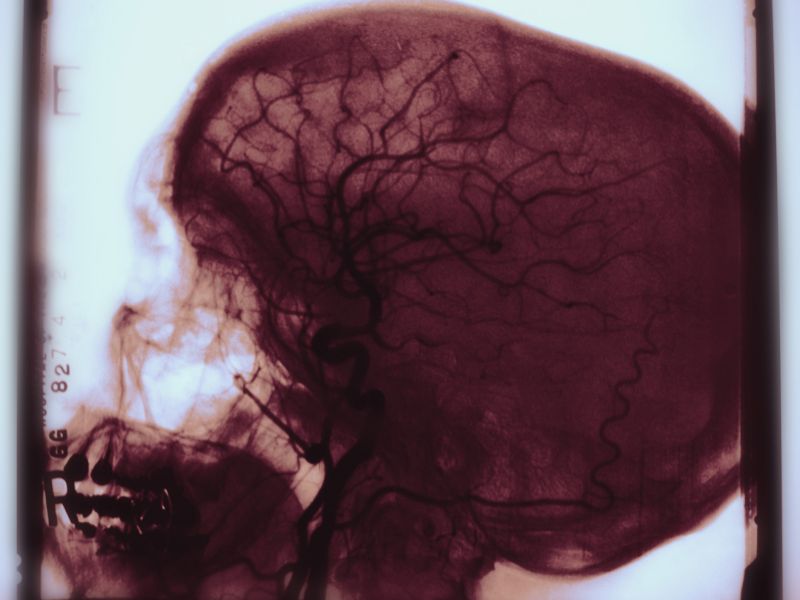Another Opioid Scourge: Infection-Related Strokes

WEDNESDAY, Jan. 30, 2019 (HealthDay News) -- As abuse of injected heroin and other addictive opioids spreads throughout the United States, heart experts warn of a growing threat: strokes caused by infections contracted through dirty needles.
"People need to be more aware that stroke can be a devastating complication of injecting opioids," said the lead author of a new study, Dr. Setareh Salehi Omran. She's a fellow in vascular neurology at the Weill Cornell Medical Center and Columbia University Medical Center in New York City.
Reporting this week at the annual meeting of the American Stroke Association, Omran's team said the rate of hospitalizations for stroke rose 20 percent per year between 2008 and 2015, coinciding with the worsening of the opioid epidemic.
As the researchers explained, injecting heroin or other opioids can enable bacteria to get into the body. These germs then travel via the bloodstream to infect and inflame heart valves -- a dangerous condition called infective endocarditis.
Looking at U.S. data on hospitalizations between 1993 and 2015, the researchers identified nearly 5,300 patients hospitalized with stroke from opioid-related infective endocarditis. These cases have risen steadily: from 2.4 per 10 million people in 1993 to 18.8 per 10 million people in 2015, the findings showed.
Once infective endocarditis occurs, clumps of infected tissue can break off and travel to the brain's blood vessels and block them, triggering stroke.
These types of stroke have become more common in recent years, Omran's team said, with the largest increase among whites in the northeastern and southern United States.
Stroke hospitalizations rose among Americans of all ages and genders, but the greatest increases over the past decade have occurred among women and people younger than 45, the study authors said.
All of this "parallels the rise in heroin overdose-related complications and deaths, which tripled between 2010 and 2015," Omran noted in a meeting news release.
Two doctors who've seen these tragic cases firsthand agreed there's cause for alarm.
"This study is a wake-up call," said neurologist and stroke expert Dr. Richard Libman.
"These types of strokes can be devastating," added Libman, who helps direct neurology at Long Island Jewish Medical Center in New Hyde Park, N.Y.
"Antibiotics are sometimes useful for the prevention of recurrent stroke, but at other times, antibiotics are insufficient and these patients may require major cardiac surgery to prevent recurrent stroke," he said.
Dr. Nicole Berwald directs emergency medicine at Staten Island University Hospital in New York City. She believes opioid abuse is lowering the age at which stroke typically hits.
"Emergency medicine physicians are on the front lines of stroke care," Berwald said, and "we are [now] looking at a younger patient population than that with the usual health problems typically associated with stroke."
What to do? According to Omran, "efforts to minimize prescription opioid abuse are important in addressing this public health problem, since the highly addictive nature of opioids can lead some people to turn to cheaper alternatives, such as injectable opioids like heroin."
The study was also published Jan. 30 in the journal Stroke.
More information
The American Heart Association has more on infective endocarditis.

The news stories provided in Health News and our Health-E News Newsletter are a service of the nationally syndicated HealthDay® news and information company. Stories refer to national trends and breaking health news, and are not necessarily indicative of or always supported by our facility and providers. This information is provided for informational and educational purposes only, and is not intended to be a substitute for medical advice, diagnosis, or treatment.

